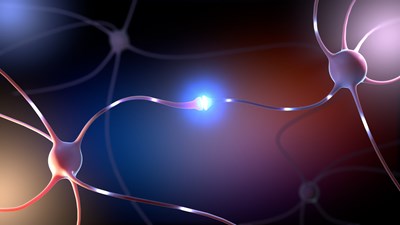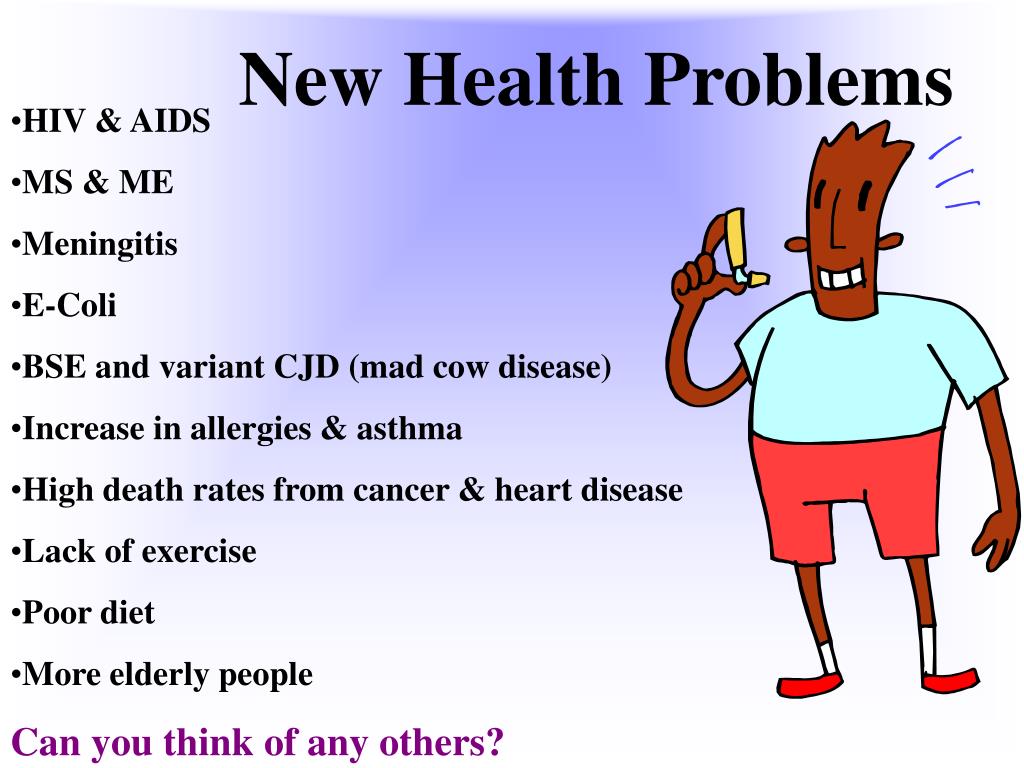

Depression - Depression and mood disorders (persistent feelings of hopelessness, irritableness, uncontrollable negative thoughts, seeking reckless behavior, sleeping too much or not enough, loss of appetite or eating too much) is common among people with celiac disease.Brain fog or foggy mind - Brain fog (disorientation, problems with staying focused and paying attention, and lapses in short-term memory) is commonly reported by people with celiac disease after gluten ingestion.It can be caused by vitamin B12 and E deficiencies. Ataxia (lack of muscle coordination) - Gluten ataxia (inability to control movement or balance very well caused by gluten ingestion) causes damage to the cerebellum, which is the part of the brain that controls coordination.Anxiety - Anxiety and panic disorders (overreacting feelings of fear, stress, or uneasiness) are associated with celiac disease, with symptoms improving after one year on a gluten-free diet.ADHD - Attention deficit hyperactivity disorder (inattentiveness, impulsivity, and hyperactivity) has been reported to be "markedly overrepresented" in undiagnosed people with celiac disease, with symptoms improving after six months on a gluten-free diet.Behavioral or Central Nervous System Conditions *.B12, copper, folate, magnesium, niacin, riboflavin, and zinc deficiencies are less common. Iron, calcium, and Vitamin D are the most common deficiencies. Malnutrition or vitamin deficiency - Malnutrition and vitamin deficiency (lack of nutrients or low vitamin and mineral levels) are common in undiagnosed people with celiac disease due to intestinal damage from ingesting gluten which results in the body's inability to absorb nutrients.It is associated with celiac disease and can cause a false negative on the tTG-IgA celiac blood test. IgA deficiency - IgA deficiency (low immunoglobulin A (IgA) in blood serum) results when the body does not make sufficient IgA antibodies to fight infections in the body.Failure to thrive - Failure to thrive in children (usually growth below the 3rd or 5th percentiles or a fall in growth from above the 75th percentile to below the 25th percentile in a short time) is a result of malnutrition in celiac disease.The reason for fatigue is not clear, but could be related to malnutrition due to the body's inability to absorb nutrients.


Fatigue or chronic fatigue syndrome - Fatigue (tiredness or persistent tiredness not helped by rest) is the most common symptom reported by people with celiac disease when they ingest gluten.

Vitamin B12, B6, pantothenic acid, riboflavin and copper deficiencies also contribute to anemia in celiac disease. In children, folate deficiency can also cause anemia. Unexplained anemia - Iron-deficient anemia (low red blood cell count or low hemoglobin) is one of the most common symptoms in older children and adults with celiac disease due to intestinal damage from ingesting gluten which prevents the body from absorbing nutrients.


 0 kommentar(er)
0 kommentar(er)
